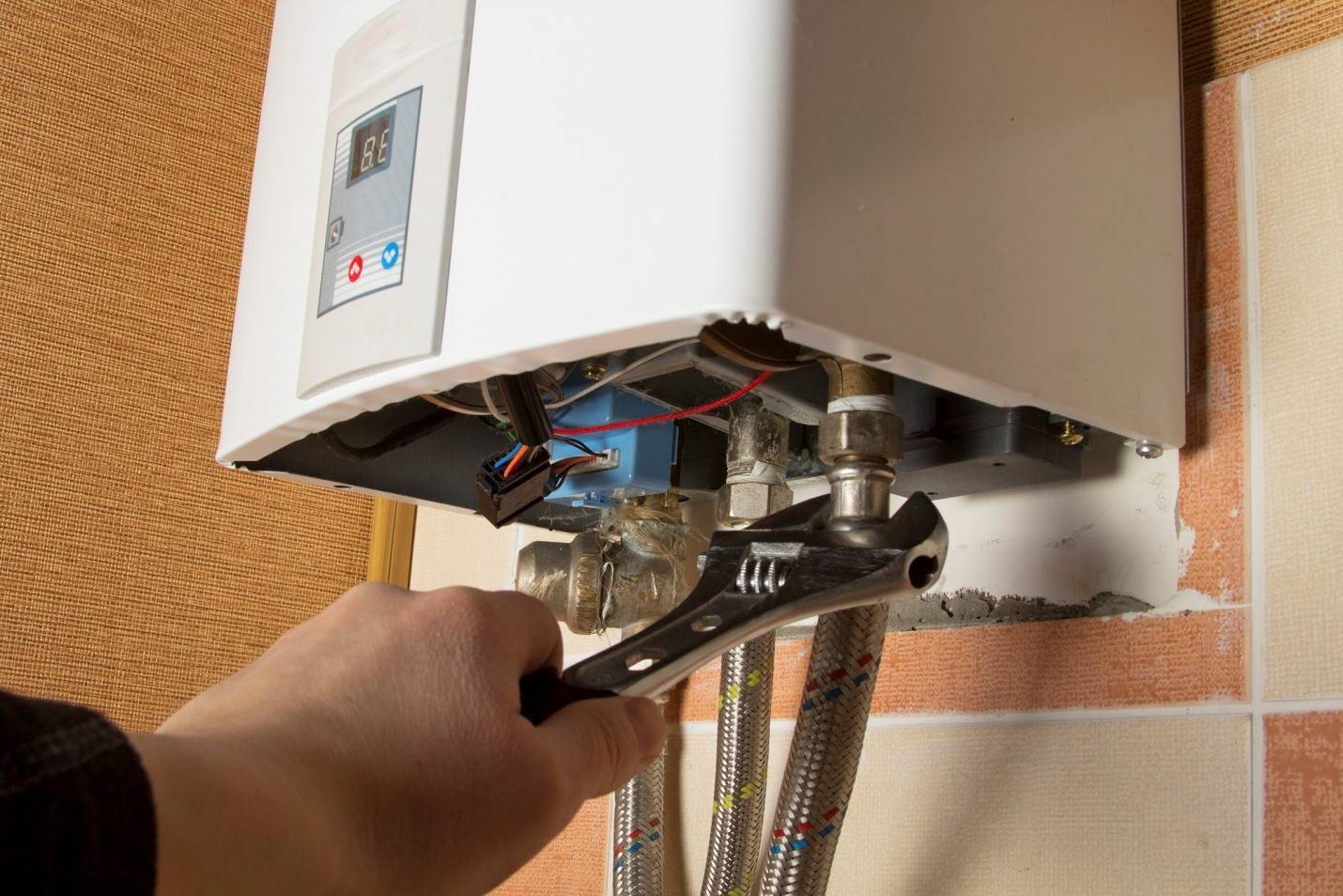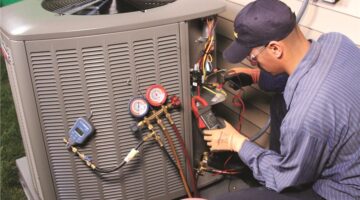
Choosing the Right Tankless Water Heater for Your Home
You will want to reduce the energy consumption of your home if you are replacing your tank-style water heater by a tankless model. Average tankless water heaters use about 30% to 50% A tank-style water heater uses less energy. You may not know that there are many tankless water heater options available to you so that your water heater will be perfect for your family.
Continue reading to find out about the different tankless water heaters available and how to choose the right tankless water heater to suit your needs.
Condensing and Non-Condensing Heaters
There are two types of tankless water heaters available: condensing or non-condensing. Each style offers its own advantages.
Non-Condensing Heaters
Non-condensing tankless heaters are more popular than other types of tankless water heaters. This water heater is known for its high performance and economic pricing. It can also be smaller than other tankless heaters.
The tankless heater design produces a very hot exhaust, which can reach 300 degrees F.
Condensing Heaters
The condensing tankless water heaters, which are more recent on the market, are slightly more efficient than other non-condensing heaters. These water heaters have two heat exchangers, instead of one. To reduce the heater’s overall energy consumption, the additional heat exchanger returns heat from the hot water heater exhaust to the water heating process.
These heaters still produce some low-temperature emissions, so ventilation is still necessary. However, this lower-temperature exhaust can still be projected through PVC vents.
Both types of tankless heaters are excellent options. However, condensing heaters can be more expensive than non-condensing ones. However, they have a higher energy efficiency which will allow you to recoup your investment over time and save you money on energy.
Non-condensing heaters operate at around 80 percent energy-efficiency while condensing heaters can work with as high as 98 percent energy-efficiency.
Electric Power or Gas
You also have the option of choosing an electric- or gas powered tankless water heater. Although electric tankless water heaters tend to be more efficient than gas-powered models, natural gas is generally more affordable than electricity. Gas-powered water heaters are more efficient than electric tankless heaters in terms of reducing water heater energy costs, even though they may be slightly less efficient.
Also, gas-powered tankless water heaters are more likely to last longer than heaters that use electricity. Keep in mind, however, that natural gas-powered tankless heaters require more ventilation than electric heaters. This can lead to slightly higher installation costs.
Whole House, Point-of-Use System
People who are considering tankless water heater installation may be surprised to discover that there are two types of heaters: whole house heaters that heat the entire home and point-of-use units that heat specific areas or rooms. These units are also known as zone units.
Because multiple units may need to be installed, whole-house units can be a good option for most homes. One disadvantage to having a whole-house unit is the possibility of a slight delay in obtaining hot water in certain areas of your home, if only one unit is providing hot water.
Some homeowners prefer to have multiple point-of-use tankless water heaters to supply their hot water. This is especially true if they live in large houses and want to reduce the time it takes for hot water to flow through the taps.
These facts will help you choose the right tankless water heater for your home. Clog Kings Plumbing can help you with tankless heater installation.
This post was written by Joey Denick. Joey is the Owner and Operator of Clog Kings. At Clog Kings, LLC, we pride ourselves on our dedication and efficiency. We know you don’t have time to waste. That’s why we work fast to get your home or commercial building back up and running in no time. If you are looking for tankless water heater installation in Tampa then look no further because we got you covered!



